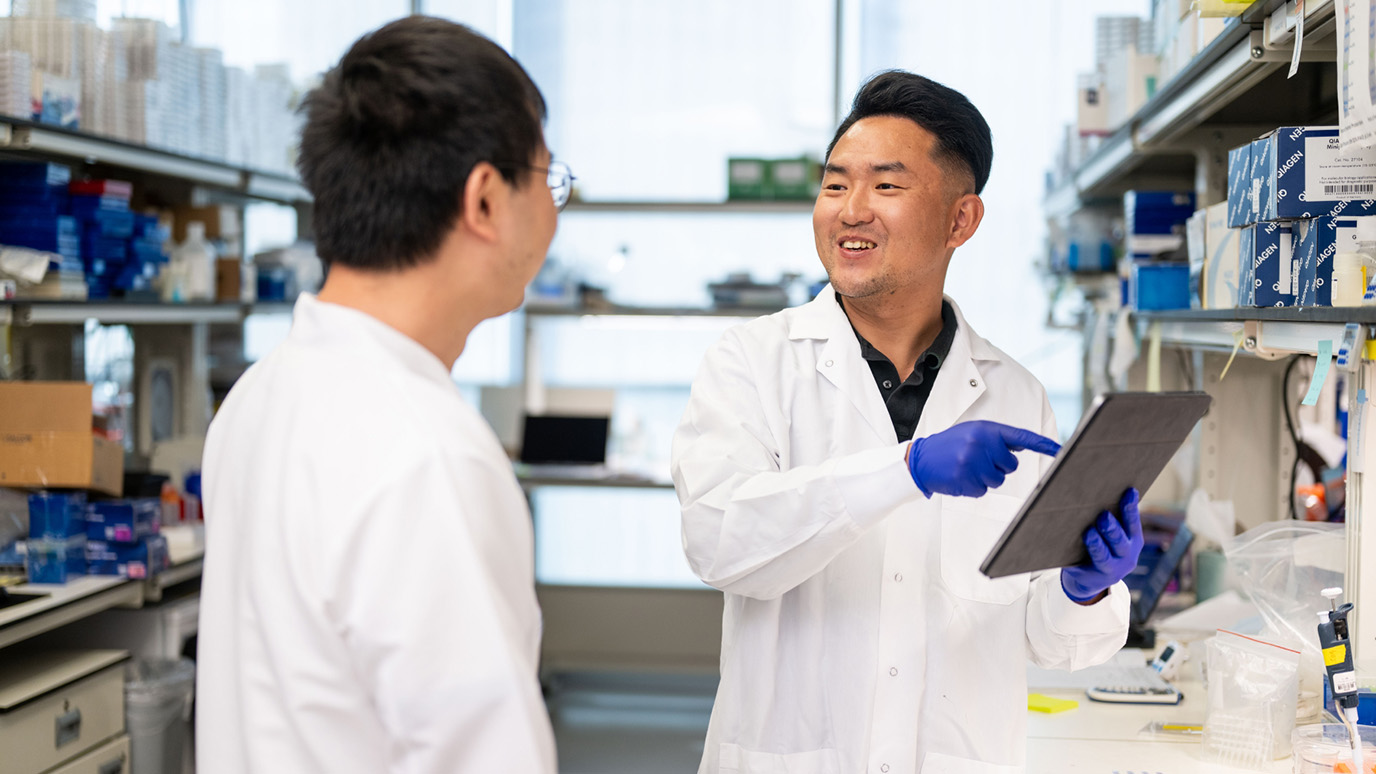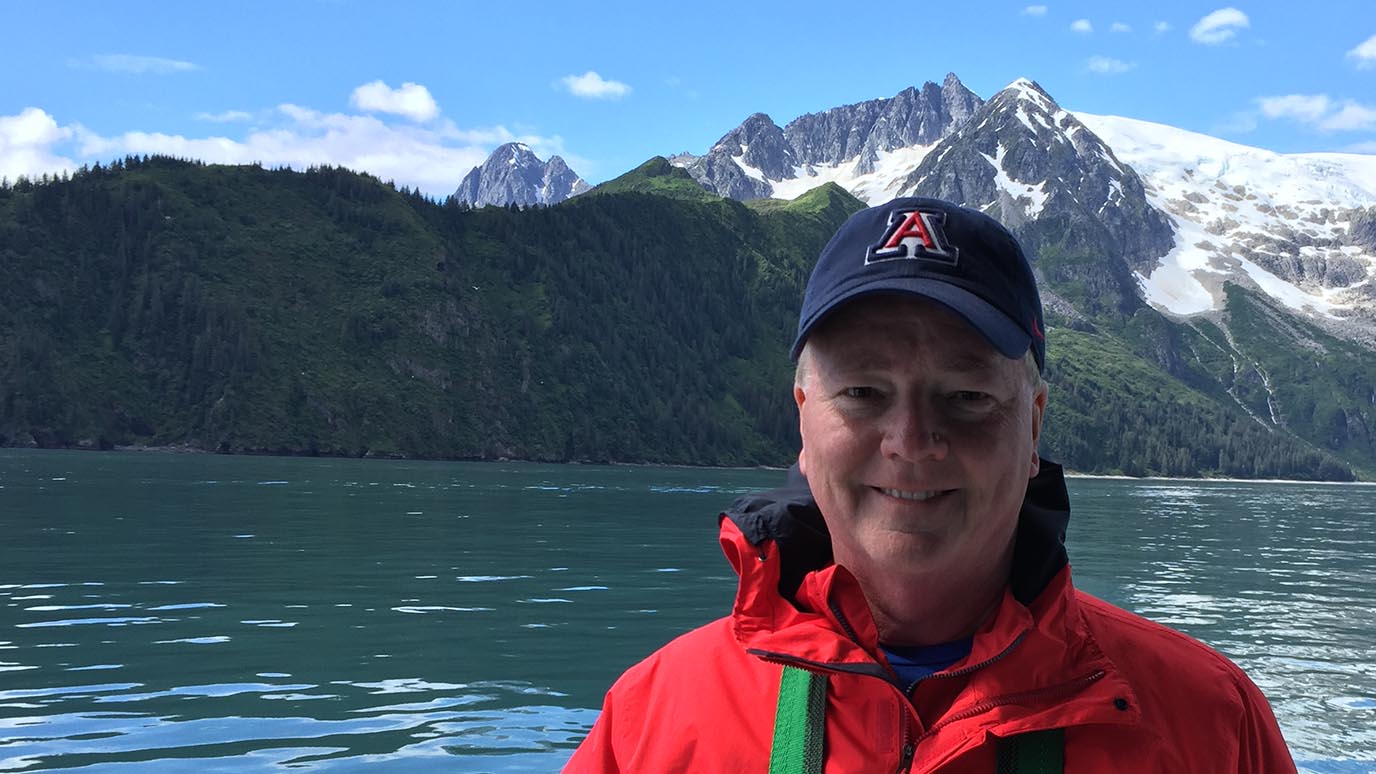- Diseases
- Acoustic Neuroma (14)
- Adrenal Gland Tumor (24)
- Anal Cancer (68)
- Anemia (2)
- Appendix Cancer (16)
- Bile Duct Cancer (26)
- Bladder Cancer (72)
- Brain Metastases (28)
- Brain Tumor (232)
- Breast Cancer (714)
- Breast Implant-Associated Anaplastic Large Cell Lymphoma (2)
- Cancer of Unknown Primary (4)
- Carcinoid Tumor (8)
- Cervical Cancer (158)
- Colon Cancer (166)
- Colorectal Cancer (116)
- Endocrine Tumor (4)
- Esophageal Cancer (44)
- Eye Cancer (36)
- Fallopian Tube Cancer (8)
- Germ Cell Tumor (4)
- Gestational Trophoblastic Disease (2)
- Head and Neck Cancer (12)
- Kidney Cancer (128)
- Leukemia (342)
- Liver Cancer (50)
- Lung Cancer (286)
- Lymphoma (278)
- Mesothelioma (14)
- Metastasis (30)
- Multiple Myeloma (100)
- Myelodysplastic Syndrome (60)
- Myeloproliferative Neoplasm (4)
- Neuroendocrine Tumors (16)
- Oral Cancer (100)
- Ovarian Cancer (172)
- Pancreatic Cancer (160)
- Parathyroid Disease (2)
- Penile Cancer (14)
- Pituitary Tumor (6)
- Prostate Cancer (146)
- Rectal Cancer (58)
- Renal Medullary Carcinoma (6)
- Salivary Gland Cancer (14)
- Sarcoma (238)
- Skin Cancer (296)
- Skull Base Tumors (56)
- Spinal Tumor (12)
- Stomach Cancer (64)
- Testicular Cancer (28)
- Throat Cancer (92)
- Thymoma (6)
- Thyroid Cancer (96)
- Tonsil Cancer (30)
- Uterine Cancer (80)
- Vaginal Cancer (16)
- Vulvar Cancer (20)
- Cancer Topic
- Adolescent and Young Adult Cancer Issues (20)
- Advance Care Planning (10)
- Biostatistics (2)
- Blood Donation (18)
- Bone Health (8)
- COVID-19 (362)
- Cancer Recurrence (120)
- Childhood Cancer Issues (120)
- Clinical Trials (630)
- Complementary Integrative Medicine (22)
- Cytogenetics (2)
- DNA Methylation (4)
- Diagnosis (232)
- Epigenetics (6)
- Fertility (62)
- Follow-up Guidelines (2)
- Health Disparities (14)
- Hereditary Cancer Syndromes (126)
- Immunology (18)
- Li-Fraumeni Syndrome (8)
- Mental Health (116)
- Molecular Diagnostics (8)
- Pain Management (62)
- Palliative Care (8)
- Pathology (10)
- Physical Therapy (18)
- Pregnancy (18)
- Prevention (914)
- Research (392)
- Second Opinion (74)
- Sexuality (16)
- Side Effects (604)
- Sleep Disorders (10)
- Stem Cell Transplantation Cellular Therapy (216)
- Support (402)
- Survivorship (320)
- Symptoms (182)
- Treatment (1786)
Community scientists help advance cancer research in the community
3 minute read | Published March 13, 2019
Medically Reviewed | Last reviewed by an MD Anderson Cancer Center medical professional on March 13, 2019
A researcher designs new materials that could help prevent cancer in underserved communities, so why aren’t the materials being used? A new clinical trial opens for African-American males, but why is no one enrolling?
With the help of MD Anderson’s Community Scientist Program, which was created by the Center for Community-Engaged Translational Research, many researchers are receiving immediate input on how to best reach their target audiences to make an impact on cancer health disparities.
As part of the program, 16 community scientists – community members without scientific backgrounds – have dedicated their time to helping our researchers achieve their goals. They come from all walks of life and represent a variety of backgrounds and ethnicities in Houston.
Many are cancer survivors or caregivers as well, so they’re familiar with what a cancer patient deals with during diagnosis and treatment.
Rose Childress’ husband was treated here 20 years ago, and she now serves as one of our citizen scientists.
“I like getting to see a different side of MD Anderson and cancer treatment,” she says. “I learn something new every time we meet, and it’s great to be able to affect how MD Anderson works within my community.”
Reaching out for cancer researchers
The Community-Engaged Translational Research team implemented the community scientist program last year thanks in large part to its long-time ties to churches, community centers and more within many of the area’s diverse ethnic and religious groups.
“Community engagement is part of what we do,” says Crystal Roberson, program manager, Health Disparities Research.
Community scientists work with MD Anderson researchers to help improve their study design, outreach materials, study recruitment materials and to reduce barriers to research participation. The rapid feedback and insight they provide is invaluable for the faculty to learn the best ways to approach a specific community or population or how to make research studies or health education materials more enticing.
Insights from the outside
Breast surgical oncologist Mediget Teshome, M.D., had an idea she thought could help patients understand a clinical trial and decide if it was right for them. Before she included this in a research study, however, she wanted to know if she was on the right track. Last summer, she met with the community scientists for an hour to talk over some example designs of the new tool she was working on.
“The group was very engaged and provided great input on my design examples,” she says. “It was very helpful to hear from community members who would potentially be participants in a trial what appealed to them, what they found confusing and what they thought could be organized differently.”
Hearing from people who don’t work in health care or see information on cancer treatments and prevention every day helped Teshome find areas for improvement, especially around medical terminology and abbreviations, she notes.
“There’s no value in a new initiative if it doesn’t reach the people it’s meant to reach,” she says. “There are many researchers here developing research concepts that will have a positive impact on our patients, and groups like this will help us design and develop concepts that can increase our impact.”
An enthusiastic response
When they first were looking to form the group, Center for Community-Engaged Translational Research contacted many of the community organizations with whom they had existing relationships and asked if they could suggest anyone who might be interested.
“We described the program to our partners as a learning opportunity,” says Cassandra Harris, health education manager, Health Disparities Research.
The response was positive, and the first 16 community scientists were trained last spring. There’s a waiting list of others who want to help. Two more rounds of training are planned for 2019, and the team hopes researchers will reach even more communities in the future.
A longer version of this story originally appeared in Messenger, MD Anderson’s quarterly publication for employees, volunteers, retirees and their families.
Request an appointment at MD Anderson online or by calling 1-844-406-2335.
Related Cancerwise Stories

Groups like this will help us design and develop concepts that can increase our impact.
Mediget Teshome, M.D.
Physician





